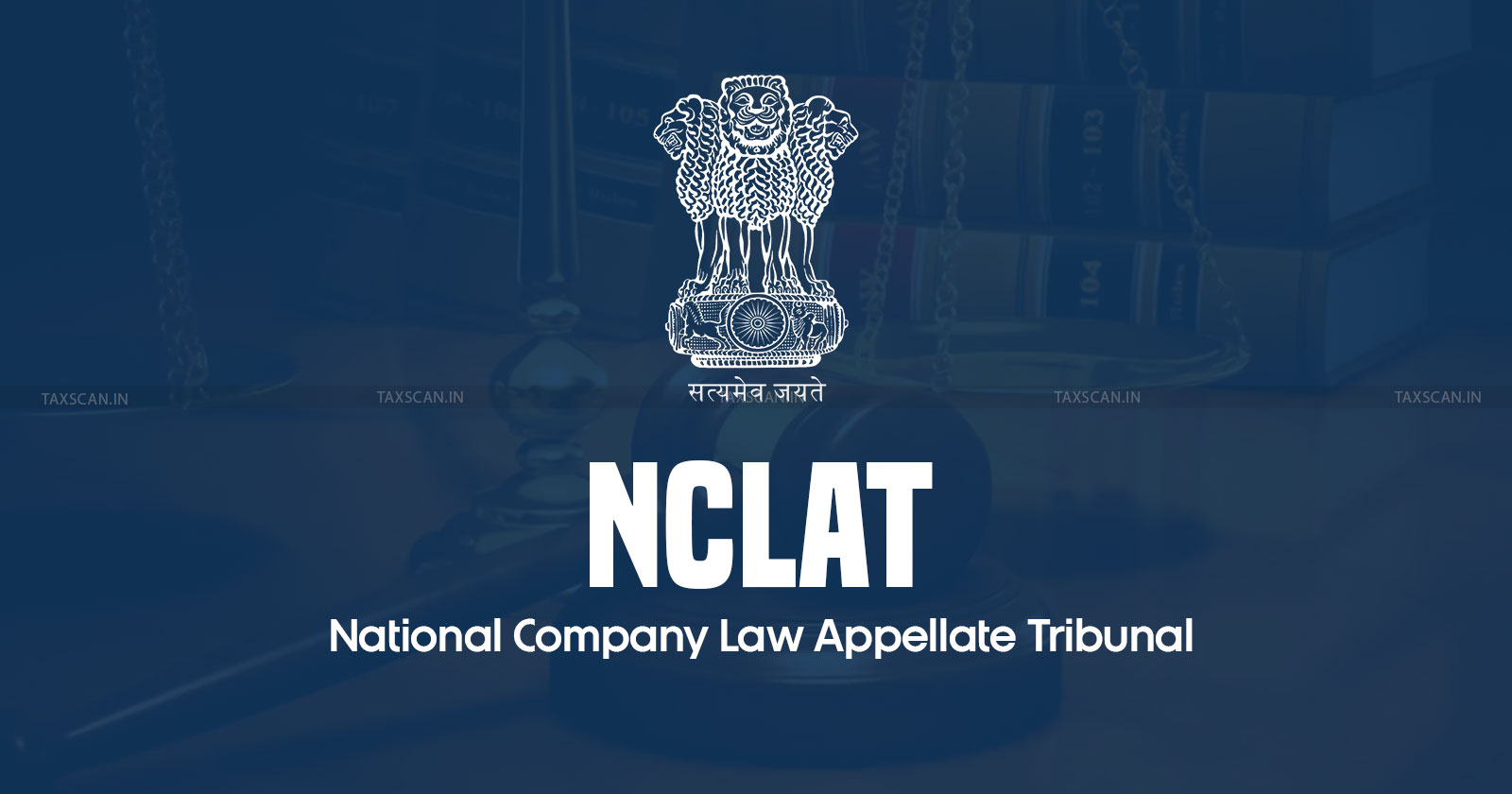S.10A of IBC cannot be considered Valid Defence on Establishment of Valid Default Date: NCLAT [Read Order]
The bench confirmed that the CIRP proceedings initiated against the corporate debtor was lawful and dismissed the appeal

NCLAT – IBC – Insolvency Bankruptcy Code – Section 10A of IBC – TAXSCAN
NCLAT – IBC – Insolvency Bankruptcy Code – Section 10A of IBC – TAXSCAN
The Principal bench of the National Company Law Appellate Tribunal ( NCLAT ), held that section 10 A of the Insolvency Bankruptcy Code ( IBC ) cannot be considered valid defence on establishment of valid default date.
The appeal was filed by a suspended director of the corporate debtor , Point Developers Ltd.The case involves a financial dispute between the financial creditor (Rushabh Civil Contractors Private Limited) and the corporate debtor (Point Developers Ltd.) over the repayment of a loan. The Financial Creditor disbursed an amount of Rs.3.50 Crores to the Corporate Debtor on 16.12.2016.
Effortless Faceless Appeals – File with GPT Precision - Click here to Register
The NCLT Mumbai Bench admitted a Section 7 application against the Financial Creditor. The Insolvency Resolution Professional (IRP) of the Financial Creditor after looking into the books of account of the Corporate Debtor came to notice that a debt amounting to Rs 4 Crores was due on the corporate debtor. As a result, in the month of November the IRP issued a notice to the corporate debtor for the repayment of the desired amount. Due to the non-compliance of the notice, the IRP filed a company petition.
The corporate debtor in response to the company petition replied that the debt falls under the category of time-barred debt and as a result, the corporate debtor falls under the ambit of Section 10A of IBC which exempted it from the insolvency proceedings due to pandemic-related relief.
The NCLT stated that there was existence of a financial debt as it was clearly established through the ledgers and interest records and ruled that the IRP had correctly recorded the date of default. Thus, the Tribunal admitted the Section 7 application of rejecting the corporate debtor's argument that it was exempted from paying the debt as it falls under the ambit of Section 10A of the code.
Effortless Faceless Appeals – File with GPT Precision - Click here to Register
The Corporate Debtor argued that the application falls under the ambit of Section 21 of the Limitation Act stating that there is a three-year limitation period for loans payable on demand. Corporate Debtor stated that the loan was granted by the financial creditor in the year of 2016 which means the limitation period expired after a period of three years and that there were no grounds for filing a new application in 2023.
The corporate debtor also referred to the August 2020 letter stating that both the parties agreed to that the pending amount will be paid before December 2020 and if the same is not paid by the due date, two units developed by the Director of corporate debtor shall be allotted to the financial creditor. As a result, the corporate debtor stated that it falls under the ambit of Section 10A of IBC which exempted it from the insolvency proceedings due to pandemic-related relief.
The financial creditor argued that it had disbursed a loan amount to Rs 3.5 Crores to the Corporate Debtor which had accrued a substantial interest on it and after sending a demand notice, the same was not paid by the corporate debtor.
Effortless Faceless Appeals – File with GPT Precision - Click here to Register
The bench comprising of Justice Ashok Bhushan (Chairperson) and Arun Baroka (Member Technical) upheld the decision of the NCLT and admitted the Section 7 application and ruled in favour of the financial creditor stating that the financial creditor has been able to stablish the existence of the debt through the ledgers and interest. The Principal Bench agreed with the arguments of the financial creditor stating that the August 2020 letter was for the acknowledgement of debt. As a result, the limitation period had been changed and a new date of default was formulated after the following letter. Therefore, NCLAT rejected the argument of the corporate debtor stating that the application was time barred.
The bench confirmed that the CIRP proceedings initiated against the corporate debtor was lawful and dismissed the appeal.
To Read the full text of the Order CLICK HERE
Support our journalism by subscribing to Taxscan premium. Follow us on Telegram for quick updates


